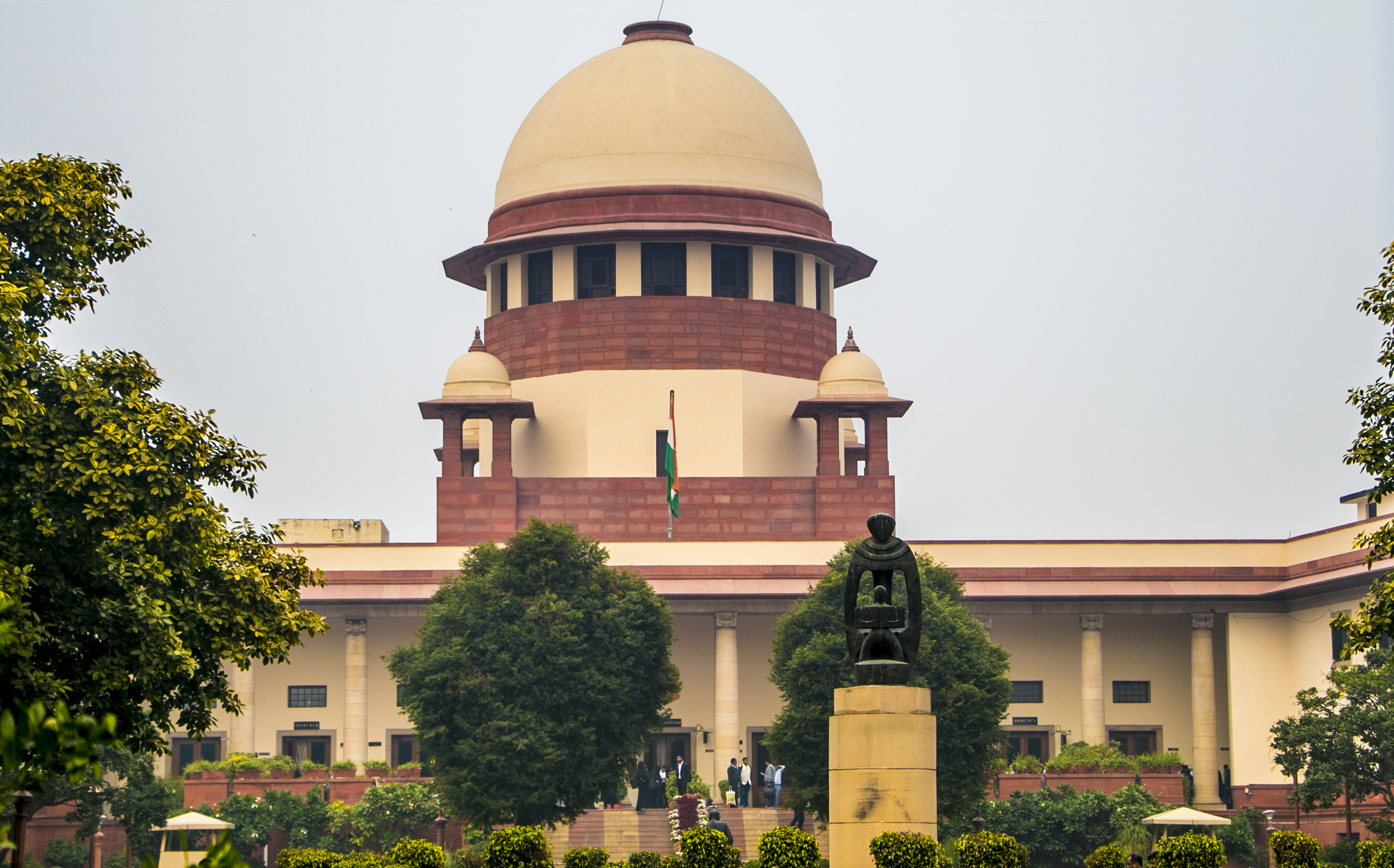Plea of Adverse Possession Could Cannot be Validly Raised at the Appellate Stage Without Foundational Pleadings in the Original Suit.

Adverse Possession Claim Rejected Due to Lack of Foundational Pleadings
The Supreme Court of India's decision in the case of Kishundeo Rout v. Govind Rao offers a comprehensive analysis of the principles surrounding adverse possession claims, emphasizing the necessity of foundational pleadings and the correct procedural approach. This landmark judgment provides a roadmap for litigants and legal practitioners dealing with adverse possession cases.
The Context
In this case, the petitioners, Kishundeo Rout and others, filed a Special Leave Petition challenging the High Court of Jharkhand's decision, which overturned a First Appellate Court's decree in their favor. The dispute centered around property possession and the legality of a sale deed executed in 1997.
Legal Issues and Findings
The Supreme Court had to examine whether the plea of adverse possession could be validly raised at the appellate stage without foundational pleadings in the original suit. The Court underscored several key legal principles:
- Necessity of Foundational Pleadings: The Court reinforced that a claim of adverse possession must be explicitly laid out in the pleadings. Without such foundational pleadings, raising a plea of adverse possession for the first time in appeal is impermissible.
- Requirement for Specific Issues: The Court highlighted the need for specific issues to be framed during the trial concerning adverse possession. This ensures that the opposing party is not taken by surprise and can adequately prepare their defense.
- Evidence of Adverse Possession: The person claiming adverse possession must demonstrate the date of possession, the nature of possession, its notoriety, and its duration. The possession must be open, notorious, and undisturbed for the statutory period.
- Role of the Appellate Court: While appellate courts have the power to frame additional issues based on the trial record to avoid multiplicity of proceedings, this power is limited. Such issues must be within the scope of the original pleadings and evidence presented.
Supreme Court's Decision
The Supreme Court upheld the High Court's decision, which found that the First Appellate Court had erred in considering the plea of adverse possession without foundational pleadings. The Court emphasized that decisions must be founded on the pleadings and issues framed, underscoring the principle of "secundum allegata et probata" – that a party must succeed on the case pleaded and proved.
Implications for Future Cases
This judgment serves as a critical reminder for litigants to ensure that all claims, particularly those involving adverse possession, are clearly articulated in their pleadings. It also clarifies that appellate courts should refrain from entertaining new claims or issues not raised at the trial stage unless they are supported by the existing record and do not prejudice the opposing party.
Conclusion
The decision in Kishundeo Rout v. Govind Rao reinforces the foundational principles of civil procedure regarding pleadings and proof. It underscores the importance of meticulous preparation and presentation of claims in the initial stages of litigation to avoid procedural setbacks in higher courts.
This is a Premium Article
Subscribe or purchase this article to get unlimited access to our premium content.



